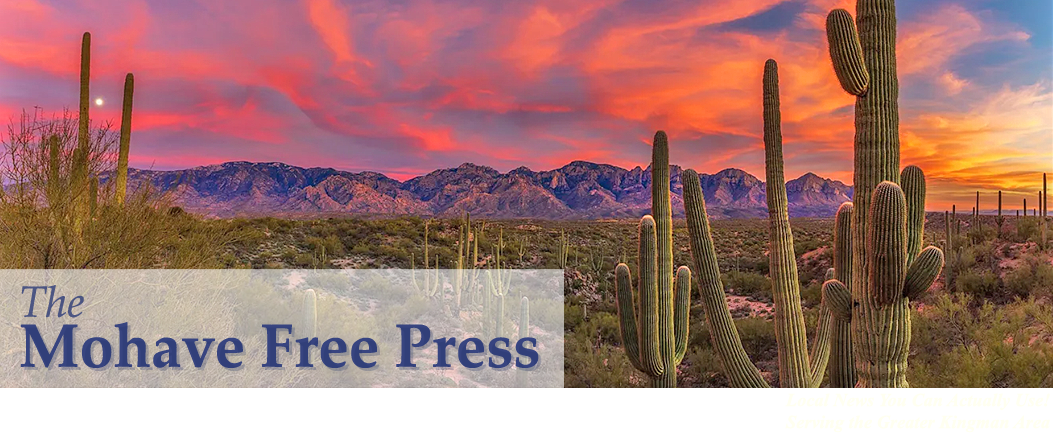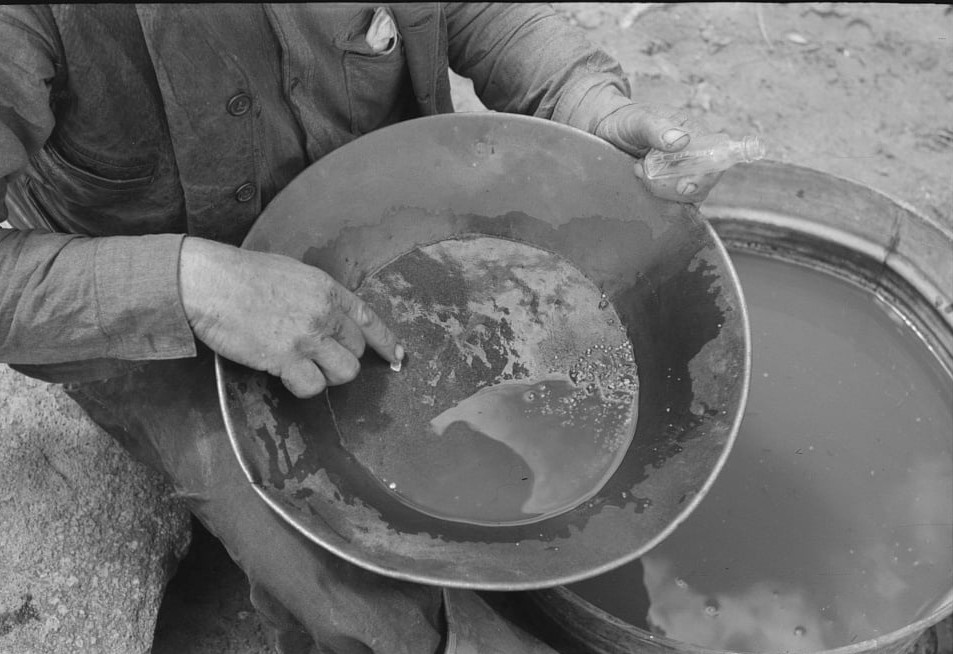Can Hobby Gold Prospecting Really Provide a Secondary Income? (Part 1)
The dream of finding hidden treasure has always captured imaginations. The idea of striking it rich with a simple pan might seem appealing. Yet, the truth is more complex. Gold prospecting combines excitement with the possibility of earning extra cash. However, it’s essential to understand the balance between passion and profitability.
The American Dream of Gold: Why Prospecting Remains Popular
Gold has long represented wealth and success in America. Since the Gold Rush days, people have fantasized about unearthing shiny nuggets. This allure fuels many to take up gold prospecting as a hobby. The thrill of exploration and the hope of financial gain keep the interest alive.
Balancing Passion with Profit: Is Gold Prospecting a Viable Side Hustle?
Many begin prospecting as a leisurely activity. However, the question arises: can it provide a reliable income? For some, the answer is yes. Others may find it more of a fun pastime. It’s vital to approach this hobby with realistic financial goals.
Setting Realistic Expectations: Fact vs. Fiction in Gold Prospecting
Movies and stories might suggest that gold is everywhere and riches are easy to find. In reality, prospecting takes patience. Expecting to strike gold immediately may lead to disappointment. Understanding the realities can help maintain motivation and enjoyment.
The Costs of Getting Started: Investing in Your Prospecting Journey
Starting small can help manage costs while you learn.
Essential Equipment: A Breakdown of Startup Costs
Starting a gold prospecting adventure involves some expenses. Here’s a basic list of what you'll typically need:
- Gold pan: $10 to $30
- Metal detector:$100 to $?
- Sluice box: $50 to $300
- Gear:$20 to $1000
Ongoing Expenses: Fuel, Maintenance, and Supplies
Prospecting isn’t just a one-time investment. Consider continuing costs like:
- Fuel for travel: Variable based on location and distance
- Maintenance for equipment: $50 to $200 annually
- Supplies: Bags, cleaning gear, and tools, around $20 to $100 yearly
- Factoring these into your budget helps in planning your venture.
Licensing and Permits: Navigating Legal Requirements
Before you start digging, it’s crucial to check local laws. Some areas require permits for prospecting and some don't allow it at all. It's your responsibility to find out. Researching this beforehand avoids legal troubles later. Always comply with regulations to protect your hobby and the environment.
Legal Considerations: Claiming and Mining Rights
Understanding mining rights before claiming land is vital. Each state has its own regulations. Some areas allow prospecting freely, while others have strict rules. Being informed ensures you don't trespass or violate laws.
Researching Promising Locations: Public Land vs. Private Claims
Finding
the right spot to prospect is crucial. Public lands often allow free
prospecting. However, private claims require permission. Knowing where you can
legally search helps in maximizing your chances for success.
In Part 2, we will continue the discussion with how to find, extract, process, and sell your gold. As always, if you have questions, comments or your own prospecting stories, please submit them to the editor of this paper and I will get them. Until next time, happy prospecting!

